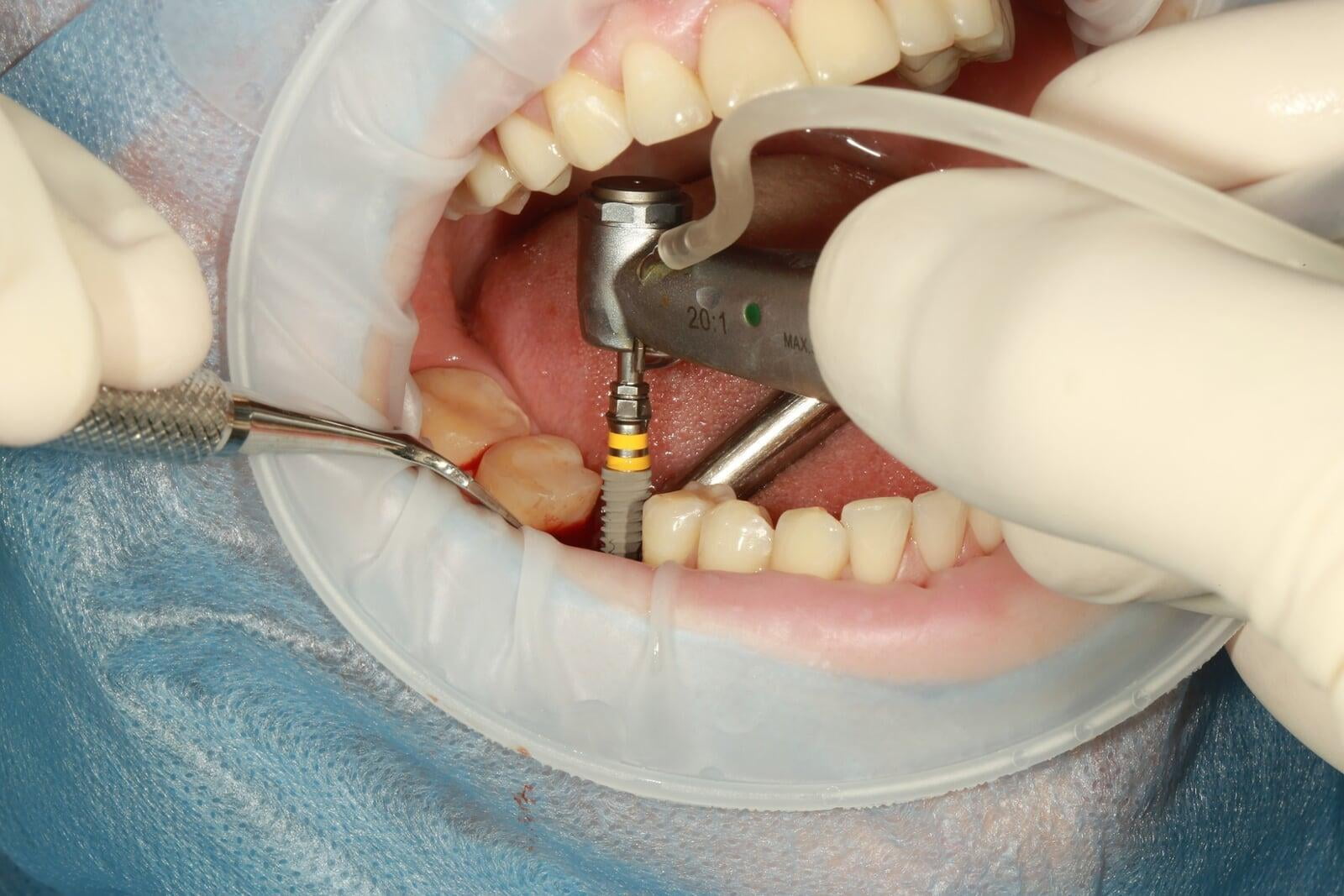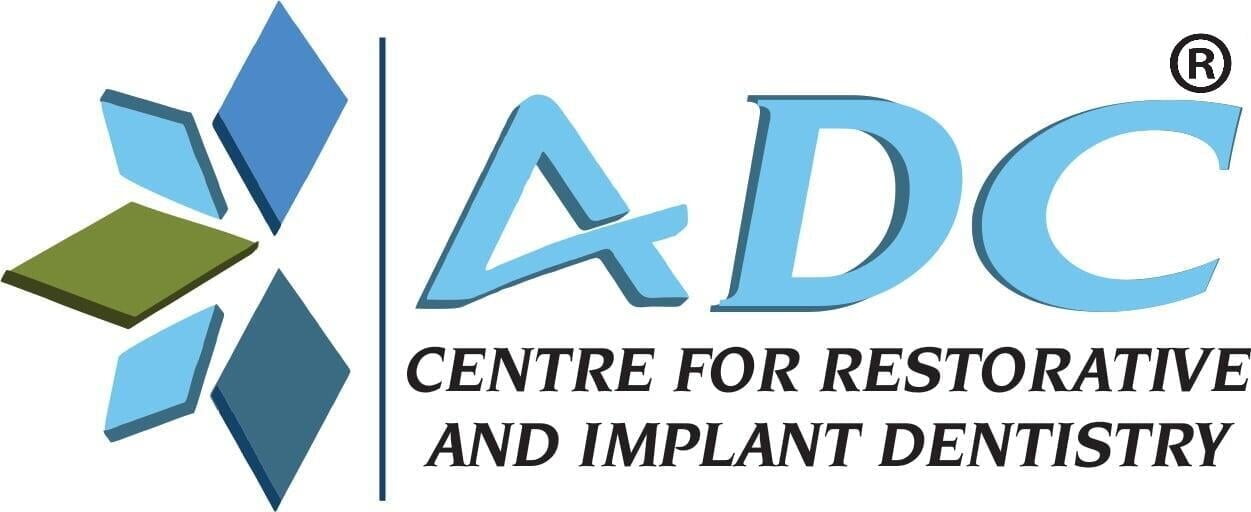If you had been operated for Dental Implants, you should read this article as answers to some Frequently asked questions after Dental Implants Surgery. Given that dental implant surgery is a significant medical procedure, it is crucial to follow all the proper post-operative instructions after dental implant surgery for a speedy recovery. In case you experience any complications, you are requested to contact our front office immediately.

"My Cheeks is gradually beginning to swell. What Can I do?"
Don’t worry: It’s normal that some things feel different right after surgery and there can be swelling around the surgery site, but pay attention to the signals your body is sending you. Take special care. In the first 2-6 hours after implant surgery, it’s important to follow all the Instructions after Dental Implants Surgery and frequently cool your cheeks with a cold pack from the fridge or from by consuming a chilled Juice or Ice Cream. Ideally, cool your cheek for 20 minutes, then take a 10-minute break. You might experience some swelling in the first three days, but it should gradually subside. In the event that it doesn't, contact us. Follow the Diet recommendations after the Dental Implant Surgery.
"My wound is still bleeding. What should I do?"
Minor bleeding is nothing to worry about, but you should try to stop it by compressing the bleeding area gently with a piece of sterile gauze with pressure for 25 to 45 minutes. Please remember that rinsing your mouth vigorously or sucking, for example when drinking through a straw, can prolong the bleeding. It normally takes 30 minutes to 2 hours for bleeding to stop. A little oozing is normal and sometimes may last for several hours, Upper Jaw teeth implants can occasionally cause some bleeding from the nose which is normal and expected to stop quickly. If you are still bleeding, you can remove the gauze after 25 to 45 minutes, replacing it with fresh new gauze. Important: make sure the gauze is placed directly on the surgical site with pressure. You should hold the gauze with pressure for another 60 minutes which should most likely arrest the bleeding. If you find that this is not working, you should use a moistened tea bag replacing the gauze. The tea bags contain tannic acid, which helps in blood coagulation (Blood clot formation). If everything fails, you should call the front desk at ADC™- Centre for Restorative and Implant Dentistry.
"As soon as I lie down, I feel an uncomfortable pressure and throbbing. What should I do?"
We kindly request that you adhere to the guidelines to promote healing. Even if your sinuses may feel "stuffy" or nasal drainage may be present, refrain from blowing your nose vigorously for at least two weeks. Sneezing will increase sinus pressure, so try to avoid doing it. Maintain an open mouth if you must sneeze. For several days following surgery, little bleeding from the nose is typical. Avoid activities that elevate sinus pressure, such as scuba diving and flying in pressurised aeroplanes. Avoid "bearing down" when lifting heavy objects, blowing up balloons, playing instruments that require blowing, or doing anything else that increases nose or mouth pressure. Decongestants can help to reduce sinus pressure. You can prevent uncomfortable pressure and throbbing by using an extra pillow during the first night to rest your head in a higher position than usual position.
"I have small bruises (Haematoma) on my face. Is it normal?"
Minor bruises often can appear after the dental implant surgery and are nothing to worry about. Apply warm moist towel to the affected area for 20 minutes every 2-3 hours. The bruises or haematoma will heal with or without any treatment over next 7-14 days. The color of the bruises will change when the tissue starts healing.
"My lips feel dry and have small cracks. What should i do?"
During the first 2 days, use Vaseline or a cream containing lanolin to prevent dry lips. Normal lip balm usually isn’t adequate. Also, make sure you drink enough.
"How long does it take for the wound to Heal?"
The first phase is the healing of the soft tissue– this takes about a week. After about two weeks, your mouth should feel "normal." The second phase, known as osseo-integration, is the healing phase of the implant in the jaw bone. In the second phase, the bone grows around the implant, gradually forming a firm, stable grip. However, it will take 3-6 months for your jaw bone to completely recover and form a union to the dental implant. So even though your mouth might feel normal, you'll still have to wait until the treatment is finished and your crown can be put.
"After receiving Dental Implants, what should i Eat?"
Your nutrition is crucial for your dental implant recovery. Eat only soft foods for the first 24 hours after dental implant surgery (e.g., scrambled eggs, yoghurt, and very soft pasta). Till the implant site has fully healed, refrain from eating anything directly on it, and avoid anything that requires a lot of force to bite or chew. Follow the Diet after Dental Implant Surgery and Food Items to eat after Dental Implants Surgery Recommendations.
"When can I resume my Regular schedule?"
Some people return to work, and their regular schedule on the day of surgery itself. However, as a general guideline, we advise taking a day off. We advise to refrain from strenuous activities for a couple of days. Exercising too soon after surgery risks discomfort, bleeding, and soreness.
Join the movement #paperless
Going Paperless can help save the Earth from climate change and biodiversity loss. It is a big task, but we know we can do it together. Get Help in going Paperless.
Medical Disclaimer:
The content of ADC-Centre for Restorative and Implant Dentistry's Blog/website is for information only, not advice or guarantee of any outcome. Information is gathered and shared from reputable sources; however, ADC-Centre for Restorative and Implant Dentistry is not responsible for errors or omissions in reporting or explanation. No individuals, including those under our active care, should use the information, resources or tools contained within to self-diagnosis or self-treat any health-related condition. ADC-Centre for Restorative and Implant Dentistry gives no assurance or warranty regarding the accuracy, timeliness or applicability or the content.
ADC-Centre for Restorative and Implant Dentistry accepts no liability for errors, inaccuracies, omission, or misleading statements. ADC-Centre for Restorative and Implant Dentistry excludes liability for any losses, demands, claims or damages of any kind regarding information, content, or services at this blog/website. The information may be updated at any time, especially as medical/dental discoveries and research evolves regarding the dentistry and its conditions. At no time does ADC-Centre for Restorative and Implant Dentistry take any responsibility for any action taken or care chosen in reliance on information contained in this blog or this website.















